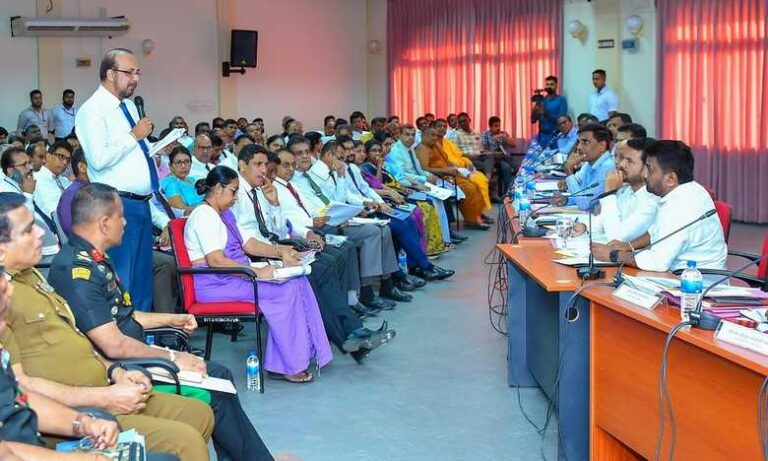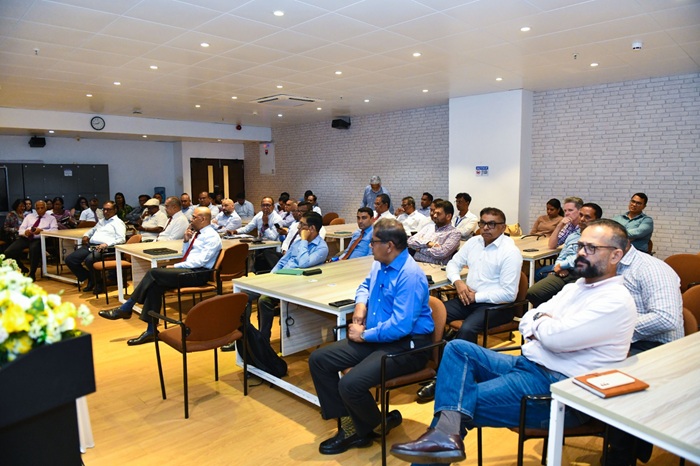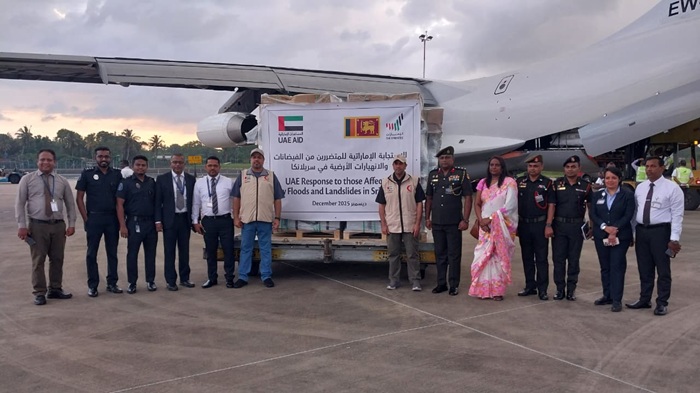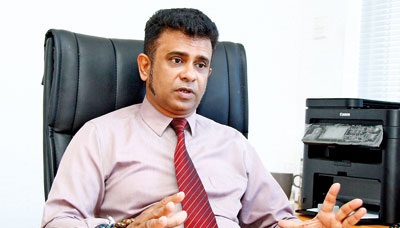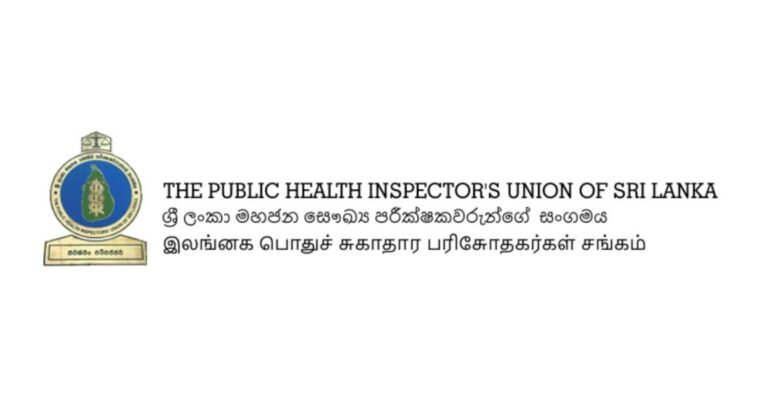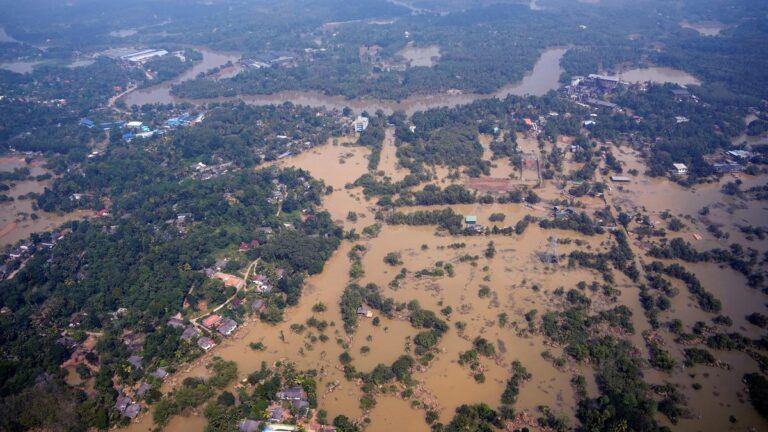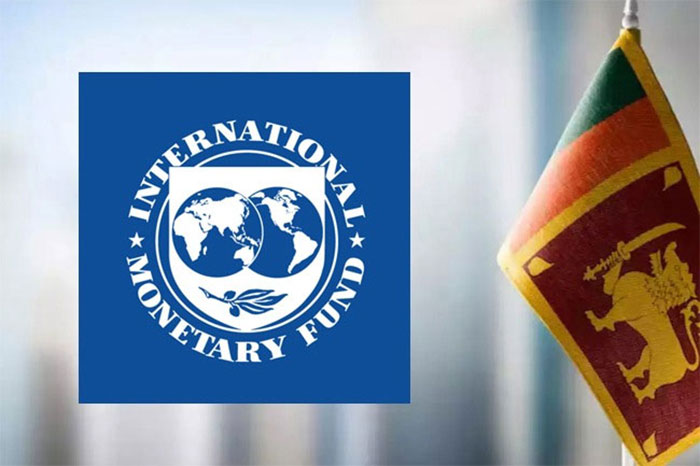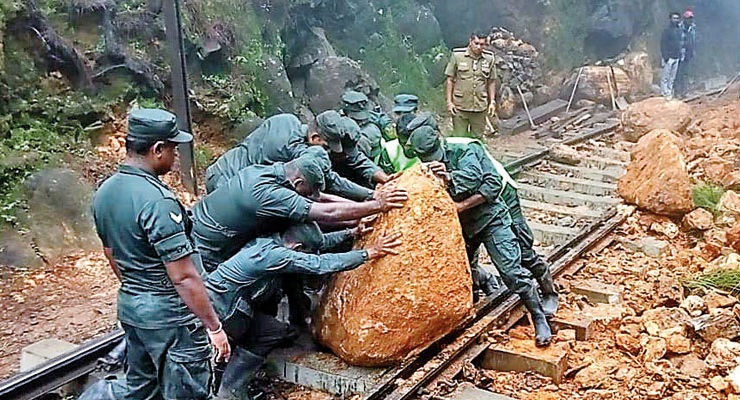By: Nalinda Indatissa (President Counsel)
My dear fellow Sri Lankans,
A tragedy is not only something we endure—it is something we learn from. As a nation and as individuals, this moment calls us to ask ourselves: What must we do differently? How can we grow from this experience?
As a nation, we must accept that preparedness, honesty, and responsibility are not optional—they are essential. We must rebuild institutions that are transparent and strong. We must ensure that disaster management, relief distribution, and long-term recovery are guided by science, professionalism, and compassion.
As individuals, each of us must look inward.
Are we acting responsibly?
Are we avoiding waste, corruption, and negligence?
Are we supporting our neighbours?
Are we treating public resources as sacred and not as something to be misused?
Accountability begins with the citizen. It grows through the community. And finally, it becomes a national character.
As citizens, our conduct matters. We must be honest when we receive aid—take only what we need, avoid hoarding, avoid exploiting the system. We must respect public officers, volunteer where we can, and raise our voices peacefully when we see wrongdoing. Accountability is not only the duty of the government; it is the duty of the people.
As a government, our accountability must be to the world. Nations have helped us out of trust and kindness. It is our responsibility to show them that their trust is not misplaced. Every rupee, every donation, every box of supplies must be recorded, published, audited, and tracked. Let the world see that Sri Lanka is not only asking for help, but honouring it with integrity.
This global support is not something we take for granted. It is a blessing. And a blessing must be respected.
How do we say thank you?
Not merely through words, but through actions.
We must show gratitude through clean administration, through responsible leadership, through maintaining strong diplomatic relationships. We must tell the world that Sri Lanka remembers every ship, every aircraft, every doctor, every dollar, every act of compassion.
And beyond that, we must open our doors.
We must invite the citizens of these nations to visit our beautiful island, not just as tourists, but as partners. Let them come and see the relief programmes their generosity has made possible. Let them witness with their own eyes the houses rebuilt, the schools repaired, the lives restored. This openness is the greatest form of respect we can offer.
When people see transparency, they build trust.
When trust is built, friendships grow.
When friendships grow, nations rise together.
This is how we learn.
This is how we change.
This is how we honour those who stood with us.
Accountability Begins with Us: A Call for National Renewal and Global Gratitude
President Urges Swift Infrastructure Restoration and Strengthened Laws on Unauthorised Construction
December 08, Colombo (LNW): President Anura Kumara Dissanayake has warned that the country will adopt a zero-tolerance approach towards unauthorised constructions, pledging stronger legislation to prevent future violations. He stressed that failing to address this issue could expose the nation to even greater disasters.
Speaking at a Special District Coordination Committee meeting at the Kurunegala District Secretariat this afternoon, the President announced plans to establish a dedicated unit within the upcoming Reconstruction Presidential Task Force to develop legal policies aimed at providing long-term solutions to construction-related challenges.
The President instructed authorities to restore all damaged provincial and local council roads in Kurunegala District to full working order within the next fortnight, utilising the funds already allocated. Any projects that cannot be completed before 31 December should be reported, with additional funding earmarked in the 2026 budget. The district has suffered damage to 1,181 ‘A’ and ‘B’ grade provincial roads, 35 bridges, 162 culverts, and one embankment.
Mr Dissanayake also reviewed the restoration of essential services, including electricity, water supply, and communications, emphasising the responsibility of service providers to ensure uninterrupted delivery to residents and highlighting the importance of strong inter-agency coordination.
Agriculture was a key focus of the meeting. Officials reported that 12,729 hectares of paddy land had been affected by the disaster, with 5,514 hectares rendered uncultivable. The President directed the Water Supply Board to provide temporary irrigation solutions and instructed authorities to take all possible measures to salvage cultivable land. Plans for supplying paddy seeds and fertilisers were also reviewed. The impact on maize, vegetables, and other crops, alongside compensation measures for farmers, was discussed.
The President reminded local council Chairpersons that temple wells and other community water sources must be cleaned promptly, with support from the Tri-Forces and voluntary organisations. He further highlighted the need for accurate livestock data, noting that existing laws are insufficient for proper registration and compensation processes. Officials were instructed to consolidate livestock information into a central system to guide policy decisions.
Other issues covered included reviving the inland fisheries sector, healthcare needs, reopening schools, identifying land for resettlement, and disbursing compensation for damaged homes. Divisional Secretaries were urged to play a full role in these processes.
As part of the resettlement efforts, Venerable Aluthgama Mangala Thero of Maddeketiya Gokarella Sangamu Raja Maha Viharaya has donated 20 acres of temple land for affected families, with documentation formally handed over to the President. Financial contributions of Rs. 10 million from North Western Provincial Cooperative Societies and a donation from Gokarella Rice Mill owner S.M. Wasantha Samarakoon were also presented.
The meeting was attended by Minister of Public Security and Parliamentary Affairs Ananda Wijepala, Deputy Ministers Namal Karunaratne and Namal Sudarshana, North Western Province Governor Tissa Warnasuriya, district MPs from government and opposition, local council Chairpersons, the Secretary to the Treasury Dr Harshana Suriyapperuma, Ministry Secretaries, Kurunegala District Secretary Chandana Dissanayake, senior government officials, and security forces leaders.
EDB Launches Rapid Recovery Plan to Safeguard Sri Lanka’s Disaster-Hit Export Sector
December 08, Colombo (LNW): The Export Development Board (EDB) has initiated a swift relief and recovery programme in response to the severe disruption caused by recent extreme weather events on Sri Lanka’s export industry.
As part of this effort, the EDB has begun detailed assessments to identify exporters most affected by the adverse conditions. These evaluations will form the basis for targeted support measures designed to stabilise operations and protect the country’s export capacity.
A high-level meeting was recently held at the EDB headquarters, bringing together Secretary to the Ministry of Industry and Entrepreneurship Development Tilaka Jayasundara, EDB Chairman and CEO Mangala Wijesinghe, Acting Director General Erandika Dissanayake, Acting Additional Director General Kumudinie Mudalige, Director of Trade Facilitation and Trade Information Sanjeewa Rathnasekara, alongside senior officials and representatives from the export community.
Wijesinghe stressed that immediate interventions are being rolled out to minimise disruptions and ensure a continuous flow of goods to international markets. Measures include restoring production capabilities, reactivating supply chains, and coordinating closely with customs, port authorities, and logistics providers to overcome delays caused by the weather.
Special attention is being given to Small and Medium Enterprises (SMEs), with the government focusing on swiftly re-establishing their operational capacity and safeguarding employment within the sector.
The meeting also highlighted the increasing frequency of climate-related challenges, emphasising the urgent need for sustainable and forward-looking strategies. The EDB intends to integrate green technologies and eco-friendly practices into export operations, aiming to enhance resilience, maintain competitiveness, and support Sri Lanka’s alignment with global environmental standards.
Through these concerted efforts, the EDB seeks not only to mitigate immediate losses but also to build a stronger, more climate-resilient export sector capable of withstanding future challenges.
Seventh UAE Aid Flight Lands in Sri Lanka to Assist Flood Victims
December 08, Colombo (LNW): Sri Lanka has received its seventh humanitarian aid flight from the United Arab Emirates, aimed at supporting communities devastated by floods triggered by Cyclone Ditwah.
The UAE Embassy in Colombo reiterated that the country remains steadfast in its assistance to Sri Lanka through both airlifted supplies and on-the-ground operations, pledging continued support to help the nation recover from the disaster.
This latest shipment includes essential food and shelter items, bringing the cumulative relief provided by the UAE to around 89 tonnes.
The UAE has deployed a comprehensive relief team, featuring members from the Joint Operations Command, the UAE International Aid Agency, the Emirates Red Crescent, and the UAE Search and Rescue Unit under the Abu Dhabi Civil Defence Authority.
Reports indicate that the UAE rescue team has so far recovered 18 victims within its operational areas and delivered emergency medical aid to eight individuals directly affected by the floods. Officials praised the coordinated effort as a vital contribution to ongoing relief operations.
Massive Aid Shipment from China Arrives to Support Flood-Hit Communities in Sri Lanka
December 08, Colombo (LNW): A substantial shipment of humanitarian aid from China, valued at approximately Rs. 400 million, reached Sri Lanka today to assist communities affected by recent natural disasters.
The cargo plane landed at Bandaranaike International Airport (BIA) in Katunayake this morning, having flown directly from Shanghai.
The Boeing 747 freighter, carrying over 84 tonnes of relief supplies, touched down at 10:47 a.m., according to local reporters. Among the donated items are inflatable life jackets, tents, blankets, and bed linens, intended to provide immediate relief to those displaced or severely impacted by the floods.
A high-level delegation was present to welcome the aid, including Minister of Ports and Civil Aviation Anura Karunathilaka, Deputy Minister of Defence Aruna Jayasekara, and Chinese Ambassador Qi Zhenhong.
DMC urges public not to venture into areas affected by flooding
December 08, Colombo (LNW): Pradeep Kodippili, head of the Disaster Management Centre (DMC), has cautioned the public against venturing into areas recently affected by severe flooding, describing the conditions as highly perilous.
He particularly warned against swimming or entering rivers and streams carrying swift currents.
Relief operations are actively underway to support communities impacted by the heavy rainfall. Residents are encouraged to report any urgent concerns or requests for assistance directly to the DMC via the hotline 117.
Kodippili also highlighted that the persistent rain has left the ground heavily saturated, increasing the risk of landslides and other hazards.
He stressed the importance of adhering to official warnings and evacuating immediately if a red alert is issued.
The DMC Director extended his gratitude to relief personnel from India and Pakistan, noting their significant contribution to ongoing humanitarian efforts.
Authorities Confiscate 12 Tonnes of Flood-Damaged Meat
December 08, Colombo (LNW): Public Health Inspectors in Anuradhapura have removed 12,000 kilogrammes of meat from circulation after it was found to be unfit for consumption.
The Sri Lanka Public Health Inspectors Association reported that the stock had deteriorated due to recent flooding and prolonged power outages.
The seizure followed a complaint lodged via the Disaster Management Center’s 1926 hotline, prompting officials to investigate the affected supply.
Samples of the meat are to be sent to the Government Analyst’s Department for detailed laboratory testing.
The association added that further legal proceedings will be initiated once the test results are available, as part of ongoing efforts to ensure public food safety.
Government Launches Nationwide Survey of Disaster-Hit Homes, Announces Relief Payments
December 08, Colombo (LNW): The Ministry of Housing, Construction and Water Supply has confirmed that a comprehensive survey of homes damaged in the recent disaster will commence today.
The task will be overseen by a committee appointed by the Presidential Secretariat, with officials expected to visit affected communities over the coming days.
According to the ministry, households whose properties were inundated or structurally damaged will be offered a cleaning allowance of Rs. 25,000 to help them make their homes habitable again.
In addition, every affected family will receive a one-off payment of Rs. 50,000 to assist with resettlement needs and the replacement of essential items, regardless of whether they own or rent their home.
For those who have lost both their residence and means of income, further financial support will be available for up to three months. Smaller families of two members or fewer are to be provided Rs. 25,000 per month, while larger households will receive Rs. 50,000.
The ministry also announced that families unable to return to a permanent home will be eligible for a rental allowance of Rs. 25,000 per month, payable for a maximum of six months. Officials say the assistance package is designed to ease immediate hardship while longer-term rebuilding plans are put in motion.
IMF Moves to Fast-Track Emergency Funding as Sri Lanka Seeks Post-Cyclone Relief
December 08, Colombo (LNW): Sri Lanka is poised to receive crucial financial support after the International Monetary Fund signalled that it is expediting the country’s request for emergency assistance through the Rapid Financing Instrument (RFI).
The appeal comes in the aftermath of Cyclone Ditwah, which inflicted heavy economic and infrastructural damage across the island.
An IMF spokesperson confirmed on Sunday that the organisation’s Executive Board has placed Sri Lanka’s request at the top of its agenda, underscoring the urgency of the situation. The emergency package will be offered alongside the country’s existing Extended Fund Facility (EFF), which continues to underpin wider economic reforms and fiscal stabilisation efforts.
“The authorities’ request for rapid assistance is receiving priority consideration, and an IMF delegation is due to visit Sri Lanka in early 2026 to resume the Fifth Review of the EFF,” the spokesperson noted. They emphasised that the RFI is intended to help bridge immediate financing gaps without delaying the longer-term programme already under way.
A separate statement from Evan Papageorgiou, the IMF’s Mission Chief for Sri Lanka, extended condolences to communities devastated by Cyclone Ditwah. He acknowledged the widespread hardship caused by the storm and reaffirmed the Fund’s commitment to staying closely engaged with national authorities during the recovery phase.
The government has formally sought around US$200 million under the RFI—about a quarter of Sri Lanka’s IMF quota—to help stabilise essential services and support reconstruction. The request is now awaiting Executive Board approval.
Papageorgiou added that the IMF stands ready to support the country’s efforts to rebuild and strengthen its resilience, stressing that the path to recovery will require both international backing and sustained domestic commitment.
Rapid Repair Efforts Under Way on Flood-Damaged Railway Stretch
December 08, Colombo (LNW): Emergency restoration work is progressing on the section of railway between Kuda Oya and Nattandiya along the Colombo–Puttalam line, after severe weather left parts of the track unusable.
Engineers reported that flooding had not only damaged the line itself but had also undermined the ground surrounding an ageing iron bridge situated roughly half a kilometre from the Walahapitiya sub-station. The affected area is now being stabilised and rebuilt to ensure trains can resume operations safely.
Teams from the Chilaw–Bolawatta Railway Maintenance Unit, supported by personnel from the Sri Lanka Navy, are working around the clock to complete the repairs.
Their efforts are being coordinated and supervised by the Sri Lanka Railways Department, which has indicated that train services will be restored as soon as the route is deemed secure.


